NAUI vs PADI: What You Need to Know About SCUBA Certification
Scuba diving is one of the most exhilarating hobbies for ocean lovers. Imagine coming face to face with all that the world’s largest water bodies have to offer as opposed to just watching them on NatGeo?! That’s exactly what you get when you go SCUBA diving, a peek into a world not our own but full of wonders and often rarely unexplored treasures.
However, Scuba diving isn’t the kind of hobby you can just take up on a whim. You need professional training to get acquainted with both the necessary equipment and the safety protocols that govern this kind of excursion – like understanding the difference between a wet suit and a dry suit.
While many trainers are willing to swear that they can make you a master diver, there are only a handful of legitimate certification courses that you can take. NAUI and PADI are two of the most popular but are they the same? Does how much you pay have a role in the quality of training you get, and what kind of education will you get with either one?
Here is a closer look at NAUI vs PADI for all those who are interested in learning how to SCUBA dive the right way.
What Are NAUI and PADI?
If you are going to become a certified SCUBA diver, you need to complete your training through a recognized training agency. There are hundreds of these agencies across the globe, but two of the most prestigious are NAUI (National Association of Underwater Instructors) and PADI (Professional Association of Diving Instructors).
Both training agencies are highly acclaimed and recognized by the International Standards Organization (ISO) as safe and comprehensive SCUBA diving training providers.
The ISO recognition is an important footnote since there isn’t a single governing body that oversees SCUBA training and certification programs across the globe. As such, the fact that these two agencies are recognized by the ISO, which is an international body trusted with setting standards by numerous national standard organizations, is a vote of confidence in the kind of training they offer.
That being said, you have to think that these two agencies aren’t exactly alike and that one has to set itself apart from the other somehow. Since that is the case, it’s important to determine which sets them apart and determine which one between NAUI vs PADI is better.
What You Need to Know About PADI
PADI is by far one of the biggest and most prestigious dive certification institutions in the world. It’s been in operation since 1966 and offers divers an assortment of performance-based diving lessons and courses.
While its main offices are in the US, the training institution has centers worldwide, a testament to its prestigious global standing. As such, PADI trains and certifies more than half of all professional divers in the world.
What You Need to Know about NAUI
Established in 1960, NAUI is the oldest SCUBA certification institute in the US. It’s based in Florida and offers highly comprehensive diving courses that promote safe diving for beginners and experienced divers alike.
While the institute offers almost identical courses to those offered by PADI, there are still a few differences. That’s why PADI takes the cake as far as the “most prestigious SCUBA diving school” title is concerned, with NAUI coming in an extremely close second.
What Are the Differences Between NAUI and PADI?
Since these are two of the most prestigious and notable SCUBA diving training institutions in the United States, it’s only logical that most beginners and even experienced divers would ask what the similarities and differences are between the two.
The two institutions are quite similar to one another, and both offer excellent SCUBA diving training. That being said, there are a few notable differences between them:
Business Structure
PADI is very much like every other learning institution in that it operates as a standard for-profit business. NAUI, on the other hand, is a non-profit certification organization, the oldest in this particular market.
Life-Saving Skills Training
Granted, each of the organizations focuses on teaching its students how to remain safe while in the water, which naturally comes with some life-saving lessons. However, the biggest difference between them is that one focuses more on these skills than the other.
If you decide to take the basic SCUBA certification course by NAUI, you can rest assured that you will be taught and drilled on how to save your fellow divers (unconscious), while the basic SCUBA diving certification by PADI doesn’t focus on that aspect as much.
Furthermore, you will need to do a skin dive with the NAUI certification, while you don’t have to do that with the PADI option. It is for these very reasons why the US Navy prefers and uses NAUI certification and not PADI.
Naming Conventions
This is a minor difference, but it’s a difference, nonetheless. As already mentioned, both these SCUBA diving training organizations offer pretty much the same lessons, albeit in different formats.
One of the biggest differences between the lessons is how they are named. For example, go for the basic training programs. You will find that PADI names it the “Open Water” training certificate while NAUI names it the “Open Water SCUBA diver” certificate. The truth is, they both teach the same open water diving concepts.
Certification Timelines
The two organizations also have different certification protocols and timelines. With PADI, for example, you will get certified the moment you complete all the required modules and skills on the certification program you chose.
With NAUI, however, you would have to complete every module in the program. Your trainer has to be satisfied that you can actually handle open water diving before getting certified. This technically means NAUI is more focused on offering you practical lessons than PADI.
Apart from that, you will get the right kind of SCUBA diving training and proper certification from both institutions.
NAUI vs PADI – Which One Should You Choose?
The answer to such a question is always difficult to find since many personal biases come into play. However, if you are going to go merit by merit, it’s important to note that the ISO recognizes both organizations, and both have trained and certified world-class SCUBA divers across the globe.
That being said, the fact that PADI has centers across the globe means that your certification will be valued and recognized across more of the globe than when you get certified by NAUI. What’s more, PADI is focused on teaching you skills that you would need when diving pretty much anywhere in the world.
While the truth is that pretty much the same skills are taught and certified by NAUI, some would argue to a more practical degree than PADI. NAUI courses aren’t taught in as many locations as possible PADI courses put the institution at somewhat of a disadvantage.
Which one should you choose? Either one will do just fine. If you are a more practical, hands-on kind of diver, then NAUI would be better, but if you would love to dive your way around the world, PADI is perfect. Either way, you will come out the other end as a certified and safe diver.
Categories: Scuba
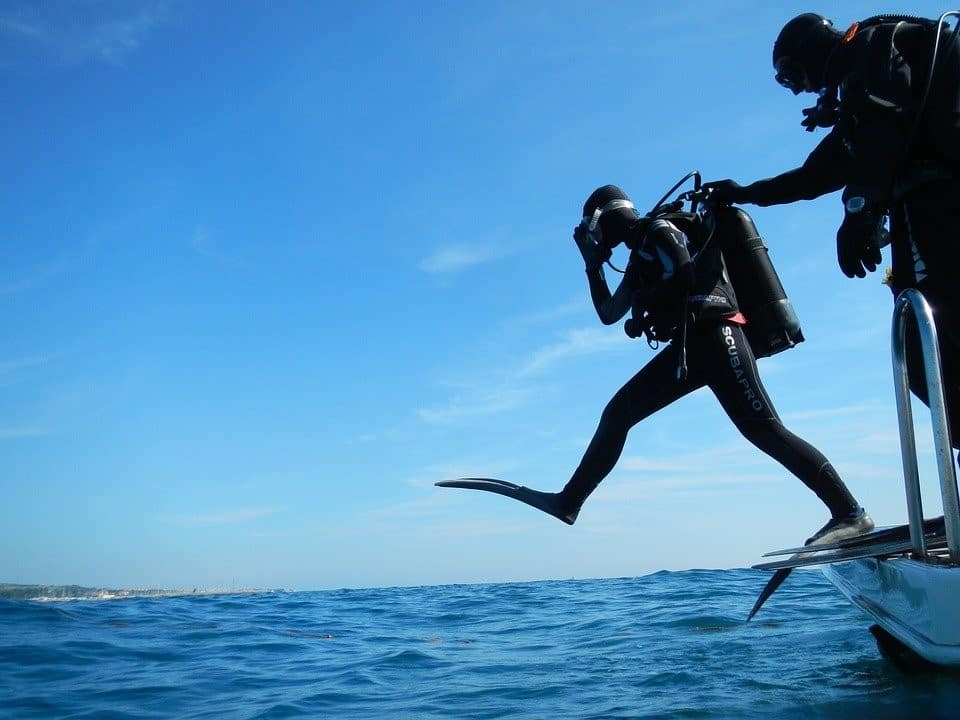
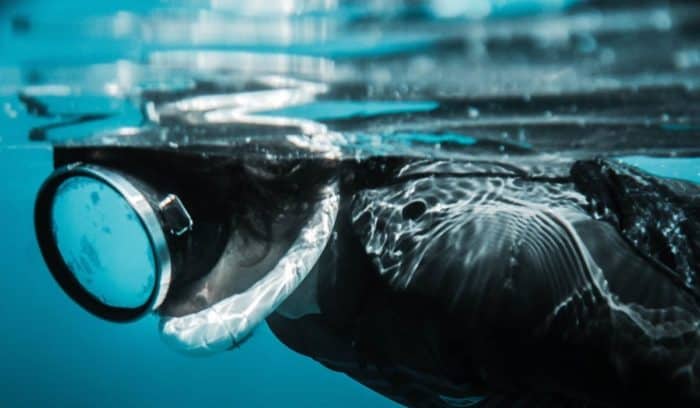
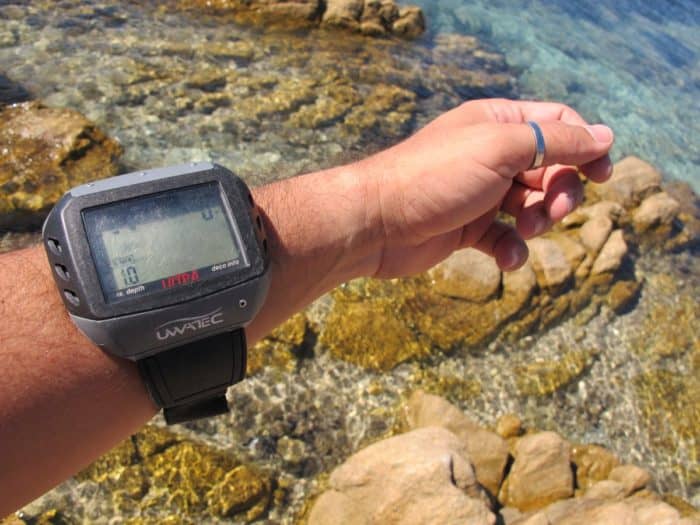
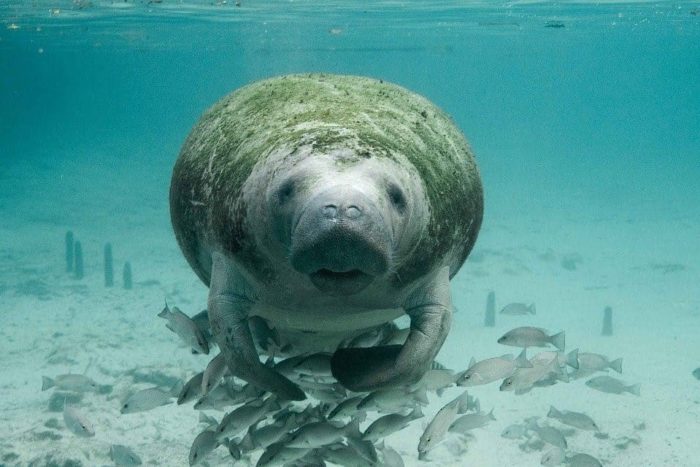
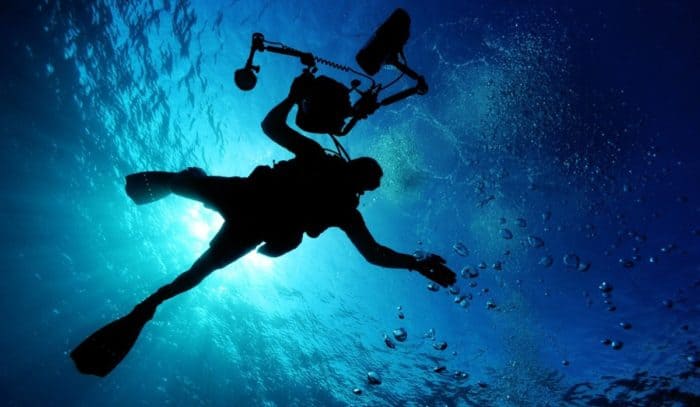





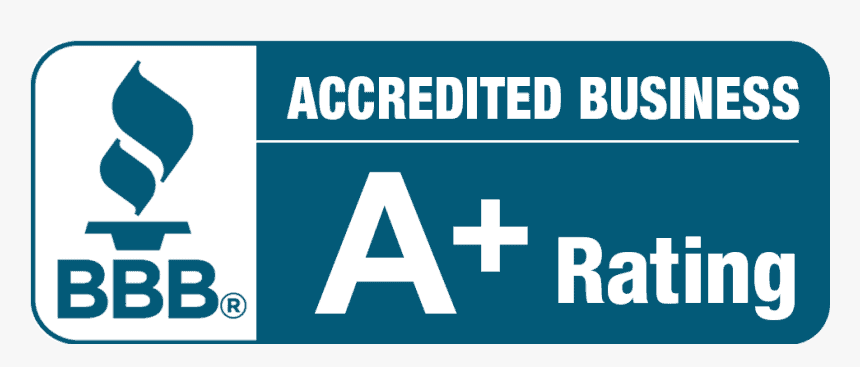


3 Comments
Robert on April 10, 2022
You left one important point out that is not inconsequential.
The fact that the U.S. Navy SEALs and Coast Guard recognize/train under NAUI certification (standards) tells you all you really need to know about “prestige” from where it most matters.
W Allbright on June 3, 2023
I am both NAUI and PATI certified. Here is the main difference, NAUI is a college degree, PADI is a fun ed course.
If you are serious about it go NAUI. If you are interested in certification for a Mexican vacation PADI is faster and easier to get.
David A Shimberg on September 18, 2023
Good description of differences. I was NAUI certified in 1992 with my sons. Our instructor had us spend a great deal of time at the beginning and end of classes swimming laps, ensuring we were strong swimmers. He reminded us time and time again that most divers drown on the surface, not under water, hence they die as swimmers not divers, and need to be strong swimmers with endurance.